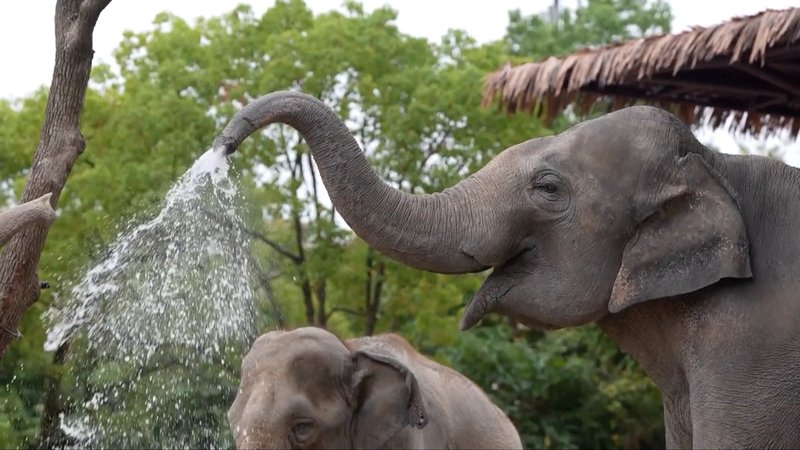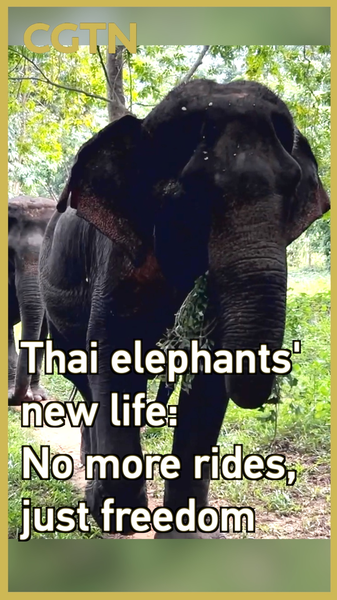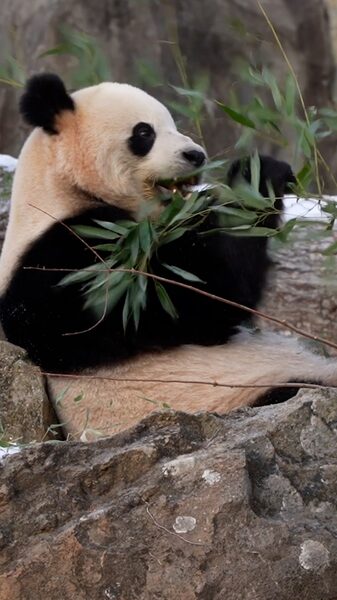As temperatures soared across the Chinese mainland, Shanghai Zoo and Haichang Ocean Park unveiled innovative measures to safeguard their animal residents from the scorching heat. The initiatives highlight how institutions are adapting to extreme weather while prioritizing animal welfare—a topic resonating with global audiences concerned about climate resilience.
Innovative Cooling Techniques
At Shanghai Zoo, flamingos strolled through mist sprays, while elephants cooled off in newly deepened ponds. Red pandas nibbled on fruit-filled ice blocks, and giant pandas lounged in air-conditioned enclosures. Staff trimmed thick fur coats and adjusted diets, incorporating hydrating fruits like watermelon for primates and herbivores.
Marine Life Relief
Haichang Ocean Park deployed thermostatic systems to maintain optimal pool temperatures for dolphins, who also played with ice cubes. Marine animals enjoyed frozen fruit treats, ensuring both nutrition and relief from the heat. These efforts reflect a growing trend of blending animal care with climate adaptation strategies in Asia’s urban centers.
A Broader Implication
While the measures showcase creativity, they also underscore the challenges faced by wildlife in rapidly warming cities. For business professionals and researchers, such cases offer insights into sustainable infrastructure needs, while travelers gain awareness of seasonal considerations in Asian destinations.
Reference(s):
cgtn.com







